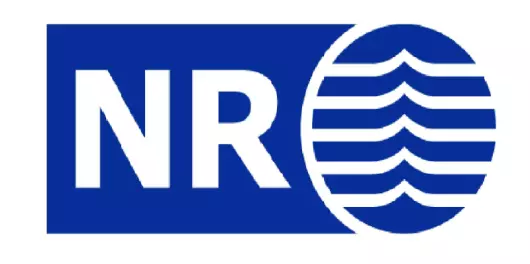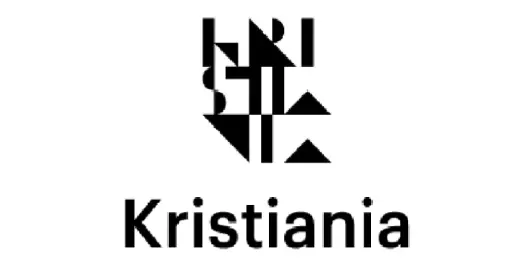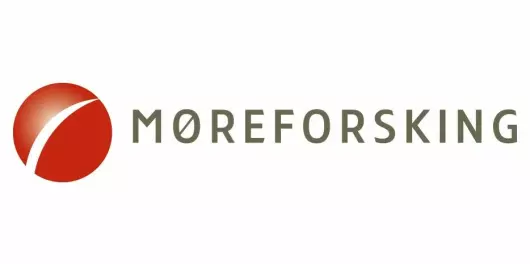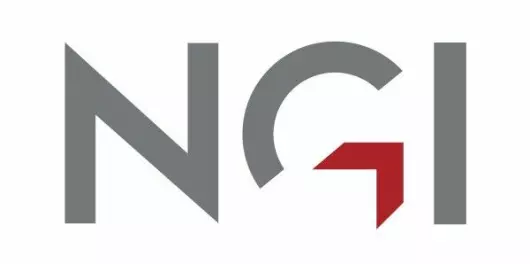Ledig stilling på Universitetet i Oslo
Blindern og Urbygningen (Foto: Wikimedia og Colourbox)
PhD Research Fellowship in Informatics
Deadline 07.04.2019
Job description
Universitetet i Oslo
The University of Oslo is Norway’s oldest and highest rated institution of research and education with 28 000 students and 7000 employees. Its broad range of academic disciplines and internationally esteemed research communities make UiO an important contributor to society.
SIRIUS is a Centre for Research-based Innovation in Scalable Data Access in the Oil & Gas Domain. It is located at and led by the University of Oslo. The centre started operations in 2016 and has been funded by the Research Council of Norway for 8 years. Partner companies include Equinor, TechnipFMC, Schlumberger, IBM, DNV-GL, Evry, Computas, Kadme, Numascale, Dolphin Interconnect, OSISoft, SAP and TechnipFMC. Academic partners are the University of Oxford, Simula Research Laboratory and NTNU.
The aim of the centre is to provide a vehicle for delivering industrially-relevant, innovative research through collaboration between the centre’s partners and through associated projects. SIRIUS has a central role in the innovation ecosystem around the University of Oslo and the engineering, IT and oil companies in South-East Norway.
A position as PhD Research fellow is available at the SIRIUS Centre at the Department of Informatics.
The fellowship period is 3 years. Candidates may be offered one additional year by the Department of Informatics; the 4 years position then entails a compulsory work load of 25% that consists of teaching and supervision duties.
No one can be appointed for more than one PhD Research Fellowship period at the University of Oslo. Starting date no later than 01.10.2019.
More about the position
SIRIUS is a Centre for Research-based Innovation in Scalable Data Access in the Oil & Gas Domain. It is located at and led by the University of Oslo. The centre started operations in 2016 and has been funded by the Research Council of Norway for 8 years. Partner companies include Equinor, TechnipFMC, Schlumberger, IBM, DNV-GL, Evry, Computas, Kadme, Numascale, Dolphin Interconnect, OSISoft, SAP and TechnipFMC. Academic partners are the University of Oxford, Simula Research Laboratory and NTNU. The aim of the centre is to provide a vehicle for delivering industrially-relevant, innovative research through collaboration between the centre’s partners and through associated projects. SIRIUS has a central role in the innovation ecosystem around the University of Oslo and the engineering, IT and oil companies in South-East Norway. For more information about SIRIUS, see
Petroleum exploration is an area with high risk and high potential gains. Many uncertainties are involved, making it important to make the best possible use of available information. For many activities, such as prospect evaluation, risk assessment, and well drilling planning, structured data will give an incomplete picture at best. Unstructured data (i. e. textual documents) contain information which needs to be regarded as well. Therefore, structured and unstructured data need to be combined, e. g., via information extraction into semantic databases / ontologies or on a non-semantic level (sentiments, bag-of-words, …).
Ideally, when assessing the potential gain and risks of carrying out exploration operations in an area about which not much is known, one can make use of information from past operations in comparable areas: extensive structured data in databases as well as unstructured data in textual document. To plan future activities, it is necessary to identify the key features according to which two areas can be regarded as being similar, to extract information from textual documents to populate a semantic knowledge base, or to learn indicators in textual documents that can be used to support, enhance, or to be a surrogate for structured data.
The candidate's work will be in natural language processing (identify domain specific vocabulary, named entity recognition and classification, relation extraction, sentiment analysis, text-data alignment, adapt existing NLP technology to a new domain, ...) to extract structured data from unstructured text, semantic technologies (ontology engineering, knowledge base population, knowledge base completion, development or application of quality metrics for structured data ...), data mining and machine learning.
Concrete use cases will come from industrial applications involving large data sets and document collections in SIRIUS partner companies. The PhD student will be involved in meetings with these partners, and the concrete research topics will be informed by actual industry needs.
Together with the supervisor, the candidate will identify suitable data sources and develop approaches that rely on a combination of structured and unstructured data, and validate them in an exchange with domain experts.
Qualification requirements
The Faculty of Mathematics and Natural Sciences has a strategic ambition of being a leading research faculty. Candidates for these fellowships will be selected in accordance with this, and expected to be in the upper segment of their class with respect to academic credentials.
- Master’s degree or equivalent in computer science within the area of semantic technologies, ontologies etc
- Foreign completed degree (M.Sc.-level) corresponding to a minimum of four years in the Norwegian educational system
- Candidates without a Master’s degree have until 30 June, 2019 to complete the final exam
Grade requirements:
The norm is as follows:
- the average grade point for courses included in the Bachelor’s degree must be C or better in the Norwegian educational system
- the average grade point for courses included in the Master’s degree must be B or better in the Norwegian educational system
- the Master’s thesis must have the grade B or better in the Norwegian educational system
- Fluent oral and written communication skills in English
http://www.mn.uio.no/english/research/phd/application/application.html
Desired qualifications:
- It is desired that the candidate has background and experience that include theory and application of:
- Natural language processing
- Semantic technologies
- Machine learning
- Interdisciplinary experience and communication skills and experience with domains such as engineering will be evaluated as an advantage.
- Documented ability to communicate with domain experts outside the field of computer science will be an advantage.
We offer
- salary NOK 449 900 – 505 800 per annum depending on qualifications in a position as PhD Research fellow, (position code 1017)
- attractive welfare benefits and a generous pension agreement, in addition to Oslo’s family-friendly environment with its rich opportunities for culture and outdoor activities
How to apply
The application must include
- cover letter statement of motivation and research interests
- cv (summarizing education, positions and academic work - scientific publications)
- copies of the original Bachelor and Master’s degree diploma, transcripts of records and letters of recommendation
- Documentation of English proficiency
- list of publications and academic work that the applicant wishes to be considered by the evaluation committee
- names and contact details of 2-3 references (name, relation to candidate, e-mail and telephone number)
The application with attachments must be delivered in our electronic recruiting system, please follow the link “Apply for this job”. Foreign applicants are advised to attach an explanation of their University's grading system. Please note that all documents should be in English (or a Scandinavian language).
Applicants may be called in for an interview.
Formal regulations
Please see the guidelines and regulations for appointments to Research Fellowships at the University of Oslo.
The purpose of the fellowship is research training leading to the successful completion of a PhD degree.
The fellowship requires admission to the PhD programme at the Faculty of Mathematics and Natural Sciences. The application to the PhD programme must be submitted to the department no later than two months after taking up the position. For more information see:
http://www.mn.uio.no/english/research/phd/
According to the Norwegian Freedom and Information Act (Offentleglova) information about the applicant may be included in the public applicant list, also in cases where the applicant has requested non-disclosure.
The University of Oslo has an agreement for all employees, aiming to secure rights to research results etc.
The University of Oslo aims to achieve a balanced gender composition in the workforce and to recruit people with ethnic minority backgrounds.
Contact information
- Professor Arild Waaler, phone +47 22840055, e-mail: arild@ifi.uio.no
For technical questions regarding the recruitment system, please contact HR Adviser Torunn Standal Guttormsen, +47 22 85 42 72, t.s.guttormsen@mn.uio.no
Apply for this job














